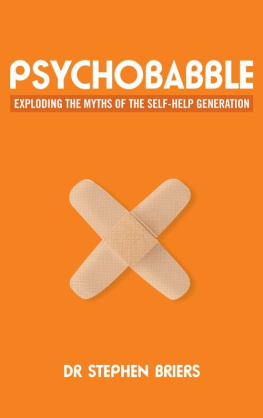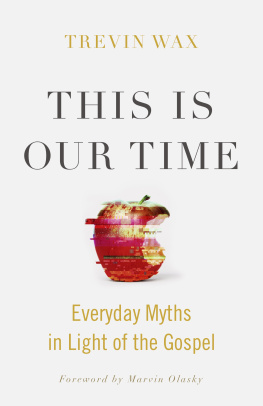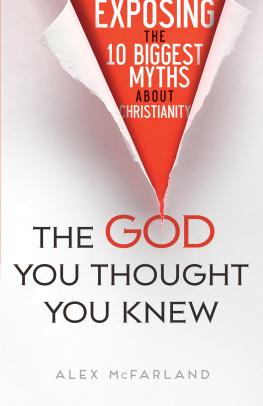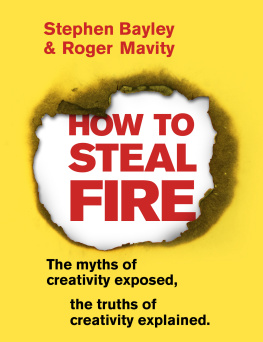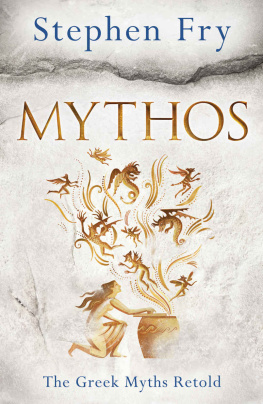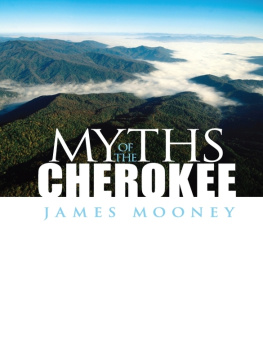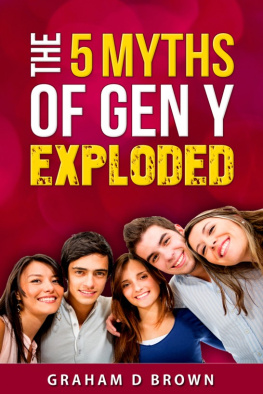Acknowledgements
To my very dear wife and long-suffering sons: thank you for all your patience and support. I promise I wont write anything else for a while. Many thanks also to the team at Pearson, especially Paul East and Elie Williams for all their hard work behind the scenes. This book also owes much to the academics, bloggers and journalists who kindly furnished me with so much stimulating material, and also to Drew and Natalie Dee, creators of Married To The Sea . Their genius cartoons made me laugh out loud during a particularly gruelling phase of the writing. Most of all, thank you to my magnificent editor, Rachael Stock, who went way beyond the call of duty and generously offered to edit this book whilst technically on leave. Im not sure about the wisdom of sawing through the branch youre sitting on (or even helping someone else do so) but you have selflessly steadied my hand and Im truly grateful. Finally, I want to acknowledge the contribution of my faithful hound, Lola, who has stayed glued to my side throughout the whole process, even though I suspect her devotion may have had something to do with her ability to persuade me to keep on putting my hand in the biscuit tin and turn a blind eye whenever she snuck up on the sofa in my office. I have only two words to say to her: GET DOWN!
PUBLISHERS ACKNOWLEDGEMENTS
Cartoons from the strip, Married To The Sea (marriedtothesea.com).
Men willingly believe what they wish.
JULIUS CAESAR
I believe in an open mind,but not so open that your brains fall out.
ARTHUR HAYS SULZBERGER
Man is what he believes.
ANTON CHEKHOV
Introduction
WHATS SO WRONG WITH POPULAR PSYCHOLOGY ANYWAY?
We live in the age of self-improvement. As we go about our daily lives we are subjected to a million messages some subtle, and some less so intimating that a happier, richer, more successful life is just around the corner. With the immediate survival needs of food and shelter taken care of for the majority, western civilisation has now turned its attention to how much better it could all be. And this in turn has spawned a prolific, multi-million dollar industry of stadium-filling gurus, bestselling books, magazines and websites telling us how to be happier, thinner, richer, and all round better people. But is our culture of self-help really helping? Or is it just creating expectations that none of us can live up to? Has the casual psychologising of everyday life enlightened us, or are we just making a rod for own backs?
These are questions we all need to be grappling with. This book is an invitation to pause, take stock, and maybe start weeding out some of the more insidious modern myths that have taken root in our collective psyche. Im not simply trying to be a killjoy or score cheap points at other peoples expense. I fully appreciate that many contributors to the burgeoning self-help industry are sincere, well-intentioned individuals who genuinely want others to benefit from their wisdom and experience. The majority are not charlatans out to make a quick buck from our credulity. Some are well-informed and well-qualified to offer advice, and such people absolutely deserve to be listened to. However, insofar as this does feel like a grumpy tirade, its because I am increasingly concerned that something significant is happening within our society to which we continue to turn a naively blind eye.
Its too easy to dismiss the world of self-help as an amusing diversion, a quick read on the plane or a pleasant escapist fantasy of a life reinvented and transformed. Maybe we might even pick up a few handy tips or a couple of insights along the way. Whats the harm? After all, nobody takes these things that seriously, do they? But the truth is that secretly many of us do. Increasing numbers of us are turning to the pages of self-help books in search of answers to lives that feel in need of fixing. The phenomenal growth of the self-help sector in the last century is a testament not only to our rising levels of insecurity and self-doubt, but to the stealthy psychologising of our culture as a whole.
The ideas and values associated with popular psychology have infiltrated our culture so deeply that we now take them largely for granted. Even for those of us who regard ourselves as fairly knowing, they form part of that framework of assumptions that constitutes the invisible scaffolding for the way we approach our lives. They shape our evaluations of other people and ourselves. They subtly colour the tone of everyday experience, bringing with them an agenda that radically affects the kinds of decisions and choices we make both as individuals and as a society. Rather alarmingly, much of this has taken place without us ever having paused to examine these precepts, or to question whether we can afford to follow where they lead. Whilst we may like to think that popular psychology holds up a mirror that allows us to understand ourselves, it is also a distorting mirror that remakes us in its own image. In The Selfish Gene , Richard Dawkins introduced us to the meme , defined as an idea, behaviour or style that spreads from person to person within a culture. Thanks to the powerful engine of the self-help industry, the memes of popular psychology are busy replicating themselves so effectively that they have become an integral part of the fabric of our lives and thought processes.
Consider, by way of illustration, the popularity of talent shows like The X Factor . The format dictates that every contestant must undergo a journey of personal transformation. Their motivations are accounted for in terms of an emotive back story that usually implies some cod-psychological rationale for their decision to audition while the audience is invited to nod (and vote) approvingly as contestants grow as artists and people over the ensuing weeks. Shania is a natural talent but just needs to believe in herself more. Ricky could be world-class but needs to get in touch with who he really is inside if he is ever to give a truly authentic winning performance. And Cassie could be great if she ever manages to let go of those emotional demons from her past.
Under the guidance of mentors whose assertive sound bites would make many motivational speakers blush, the contestants are prompted to change their lives and take charge of their fates. If they can just believe hard enough, give it 110 per cent, focus on their goals and stay in the zone, then maybe that elusive recording contract will be theirs. However, all the while the pseudo-psychological lore of such shows whispers in our ear that the true prize on offer is not the record contract but the personal fulfilment awaiting anyone brave enough to try and live their dream.
You can dismiss this all as good storytelling by the production company but these format points are also an indication of the extent to which popular psychology and popular culture have become intimately fused. Psychobabble is a language that, like it or not, we are all learning to speak fluently, and elements of those Saturday night prime-time shows could have been lifted straight from the pages of the countless self-help books that line the shelves of your local bookstore, not to mention the CDs purchased and training courses attended by millions of us every year.
The most successful self-help books have a long reach: classics like How to Win Friends and Influence People and Im OK, Youre OK are said to have sold 15 million copies worldwide. You Can Heal Your Life by Louise Hay has sold over 35 million, while Men are from Mars, Women are from Venus and the Chicken Soup for the Soul series claim over 50 million and 100 million sales respectively. These are big numbers in the publishing world. If you are reading this you will almost certainly have heard of these books and probably have a fair idea of what is in them. But even if you havent, you will still have been affected by them.

